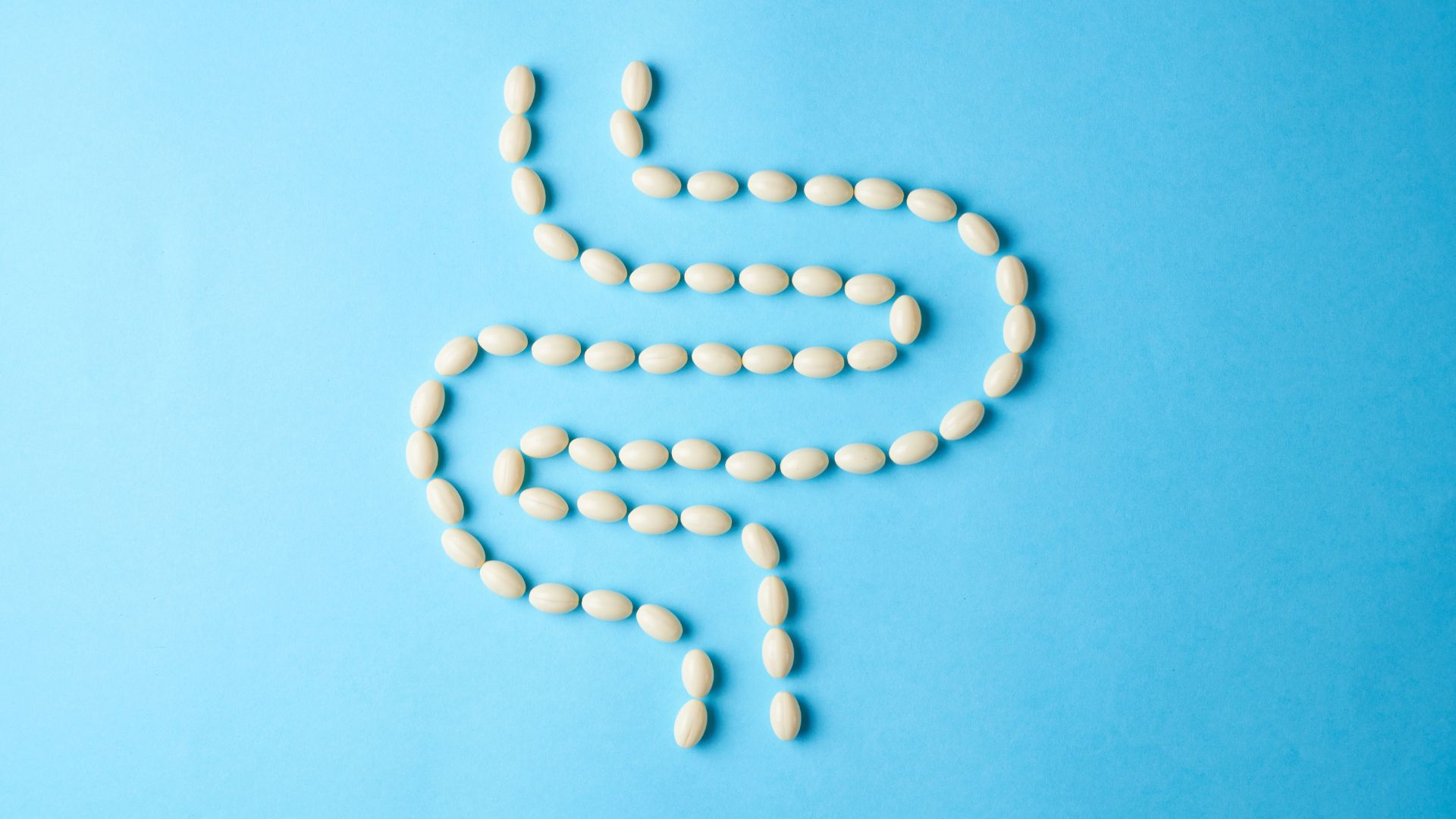
The role of probiotics in the human body
When we consume probiotics—found in fermented dairy products, pickled vegetables, or dietary supplements—we rarely think about what happens to them afterward inside the body. Yet the path these microorganisms take through the digestive tract is highly complex and requires specific adaptations to survive.
The journey through the digestive system
The first stage of this journey is the stomach—a particularly hostile environment due to the presence of strong hydrochloric acid. Its primary function is not only to digest food but also to eliminate potentially harmful microorganisms. For most bacteria, these conditions are lethal. However, certain probiotic strains have developed protective mechanisms that allow them to survive in this acidic environment.
These bacteria may have specialized structures, such as protective cell envelopes, that shield them from low pH. In dietary supplements, pharmaceutical technologies such as delayed-release capsules are used, which dissolve only in the small intestine, ensuring the microorganisms reach their intended site of action.
Some strains can also adapt metabolically to acidic conditions, maintaining biological activity and surviving the passage through the stomach. This enables them to colonize the intestines, where they perform their key functions.
The role of probiotics in the human body
Probiotics serve supportive, regulatory, and protective functions within the human body. Their presence in the digestive tract helps maintain microbial balance, which is essential for many physiological processes. They assist in breaking down nutrients, support vitamin synthesis, strengthen the intestinal barrier, and influence immune system activity. Increasing scientific evidence also points to their involvement in gut–brain communication, affecting mood regulation and stress response. As a result, probiotics play an important role in overall health maintenance and the prevention of chronic diseases.
Action of probiotics in the intestines
After passing through the stomach, probiotics reach the intestines—the area with the highest concentration of microorganisms in the human body. Together, they form an ecosystem known as the gut microbiota, whose stability is vital for proper bodily function.
Probiotics support the endogenous microflora, helping maintain its diversity and balance. This microbial homeostasis promotes healthy digestion, optimal metabolism, strong immunity, and good mental well-being.
Disruptions in microbiota composition can lead to dysbiosis, which manifests as digestive issues, weakened immunity, or mood disorders. Probiotic supplementation can play an important role in preventing and alleviating such conditions.
Check out Narex probiotic capsules here.
The physiological significance of probiotics
Probiotics exert multidirectional biological effects. One of their most important functions is aiding digestion by breaking down complex food components, such as dietary fiber, into short-chain fatty acids (SCFAs). SCFAs are essential for nourishing intestinal epithelial cells and maintaining the integrity of the gut barrier.
Probiotics also enhance the bioavailability of nutrients—vitamins, minerals, and amino acids. Some strains can synthesize vital vitamins, including vitamin K and B-group vitamins, which support nervous system function and metabolism.
The gut–immune–brain connection
An increasing number of studies confirm the existence of the gut–brain axis—a bidirectional communication system between the digestive tract and the central nervous system. Probiotics may influence the production of neurotransmitters such as serotonin, which plays a key role in mood regulation, sleep, and stress response.
Additionally, probiotic microorganisms support intestinal barrier integrity and modulate immune responses. They protect the body from pathogens and toxins entering the bloodstream and stimulate immune cell activity.
Dietary sources of probiotics
Probiotics can be obtained from both natural fermented foods and dietary supplements. The richest sources include sauerkraut, pickled cucumbers, kefir, natural yogurt, and fermented soy products such as tempeh.
When choosing supplements, it is important to look for clinically studied strains—such as Lactobacillus and Bifidobacterium—and formulations that protect bacteria from stomach acid degradation.
Conclusion
Probiotics play a crucial role in maintaining gut microbiological balance, supporting digestion, improving nutrient absorption, modulating immune functions, and positively influencing the nervous system. Regular consumption—whether through natural foods or pharmaceutical formulations—can form an essential part of a health routine that supports whole-body homeostasis.







